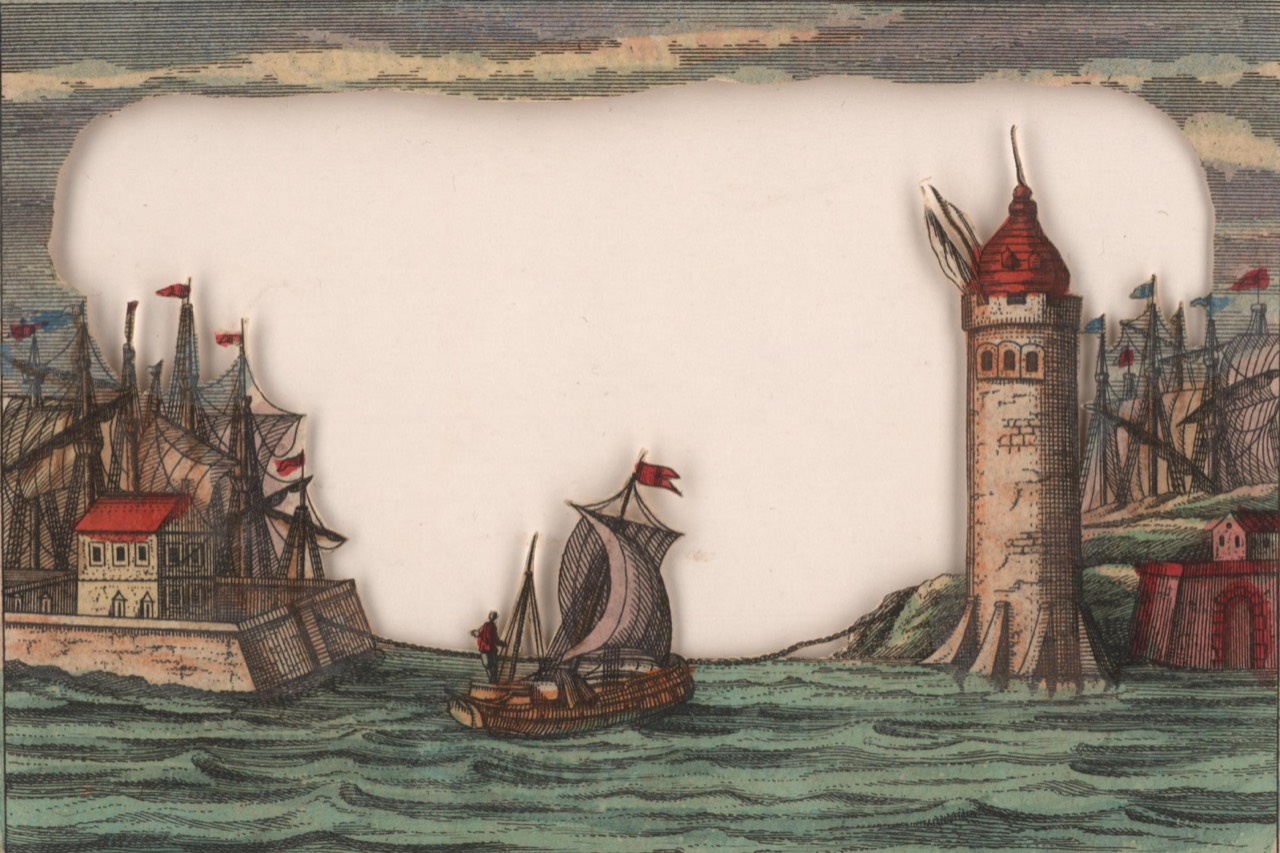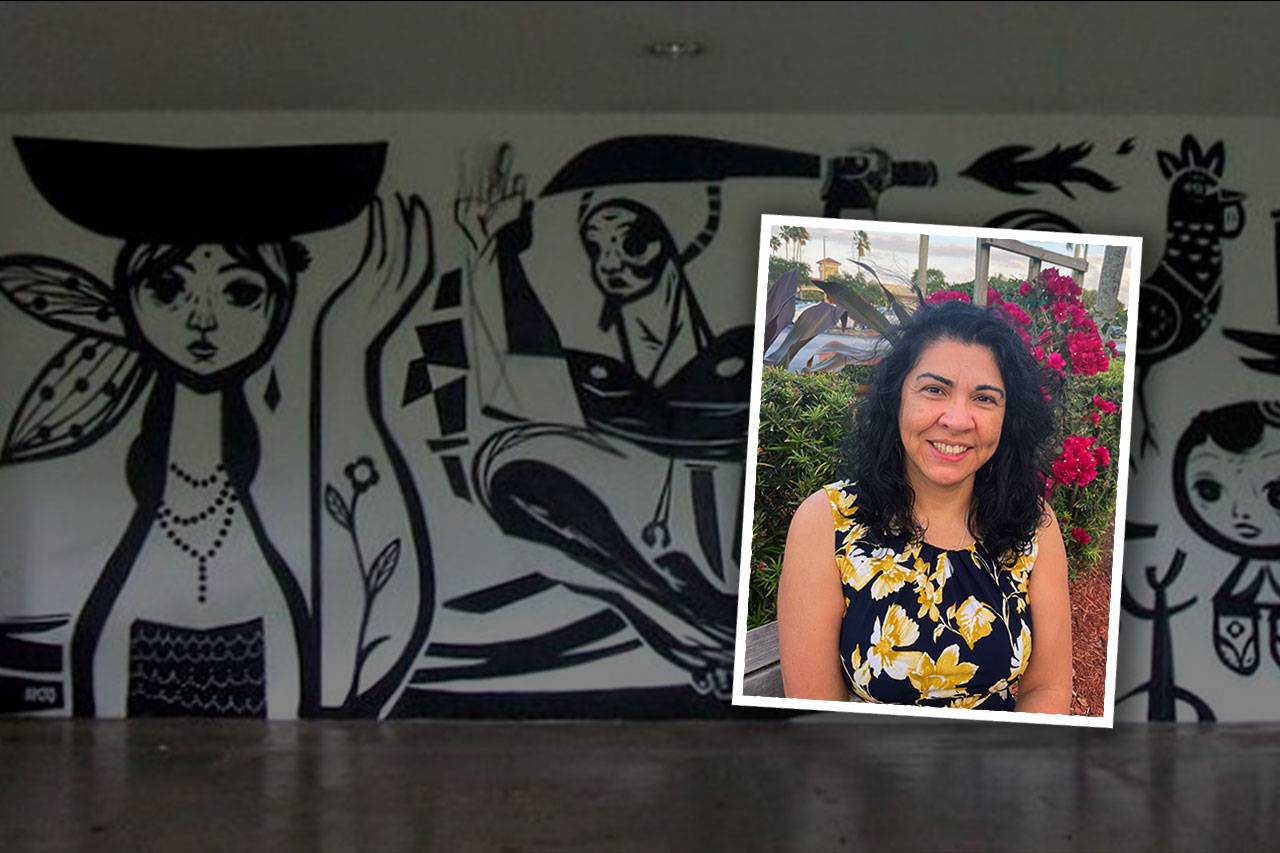Research Thursdays - Adrian Finucane Receives NEH Summer Stipend
Thursday, May 27, 2021
Image above: Detail from an original in the John Carter Brown Library at Brown University

Adrian Finucane, associate professor of history, received a 2021 Summer Stipend from the National Endowment for the Humanities to support research and writing for her book Captive Exchanges: Prisoners of War and the Trade in Secrets, 1700-1760, which addresses themes of warfare and incarceration as well as empire and cultural contact in the 18th-century Atlantic world. The work argues that prisoners of war acted as crucial conduits in the development of military and commercial intelligence in the long conflict between the growing British colonies of the southeast and Spanish Florida. In the time before codified systems of international law that addressed what was to happen with prisoners, individual actions by captors and captives had an outsized impact on their own fates as well as empire-building, conflict and cooperation.
Captive Exchanges speaks to current scholarly concerns about alternative histories of warfare and carceral studies, as well as historiographical debates about the extent of power held by imperial states and the amount of interconnection that developed among people who lived precariously on the borders of these empires. By investigating a time before the full codification of the proper treatment of prisoners of war, this monograph reveals the multiple and sometimes conflicting avenues that empires pursued in addressing the issues of prisoner-taking, detention and exchange.
Focusing on the southeast and the Caribbean provides a window into an area where multiple groups found themselves as captives or captors on the edges of empire. As the interrogations of these prisoners demonstrate, they were valuable as sources of military and commercial intelligence, and the decisions they made about how to deploy that information gave them an unusual degree of power to change their own lives and to shape the development of empires. Understanding prisoners helps us to see the improvisational nature of empire in the early 18th century and the negotiations individuals could undertake in a time before a consistent government policy.
Finucane’s research interests include contact among peoples in the early modern Atlantic world, the history of race and gender in early European colonies, and the history of beliefs about witchcraft in early America. She has held fellowships through the John Carter Brown Library, the Charles Warren Center for Studies in Early American History, and the USC-Huntington Early Modern Studies Institute. Finucane received her Ph.D. in history from Harvard University.
(Printable Version)



